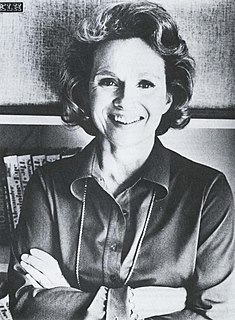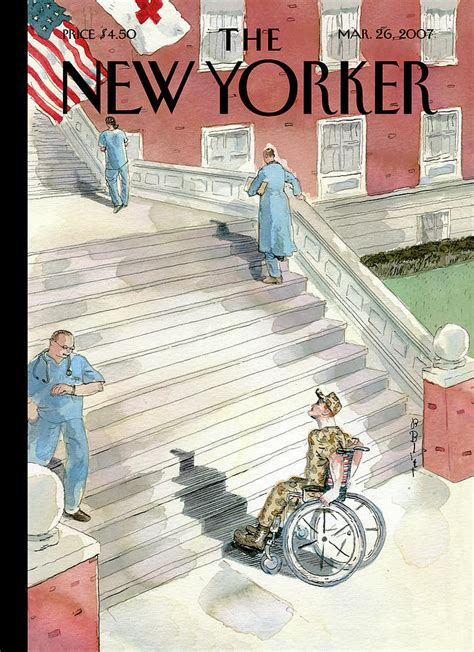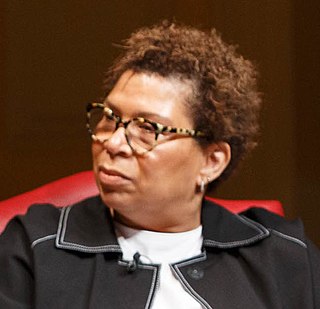A Quote by Ellen Goodman
When I was at 'Newsweek' magazine - which, you know, this really sounds like I walked four miles in the snow to school - but I started at 'Newsweek' magazine in 1963, which was before the Civil Rights Act of 1964. So it was actually legal to discriminate against women, and 'Newsweek' did.
Related Quotes
The weirdest thing to me is that magazines would never do this for their writers. They would never hire a writer who writes for another magazine; they want to have their own stable of writers. Newsweek would never hire a TIME writer, and TIME would never hire a Newsweek writer - but they would both hire the same photographer to shoot a cover for them.
Contrary to the claims of the supporters of the Civil Rights Act of 1964 and the sponsors of H.Res. 676, the Civil Rights Act of 1964 did not improve race relations or enhance freedom. Instead, the forced integration dictated by the Civil Rights Act of 1964 increased racial tensions while diminishing individual liberty.
[Before the Civil Rights Act of 1964], many governments in southern states forced people to segregate by race. Civil rights advocates fought to repeal these state laws, but failed. So they appealed to the federal government, which responded with the Civil Rights Act of 1964. But this federal law didn't simply repeal state laws compelling segregation. It also prohibited voluntary segregation. What had been mandatory became forbidden. Neither before nor after the Civil Rights Act were people free to make their own decisions about who they associated with.
The Democrats co-opted the credit for the Civil Rights Act of 1964. But if you go back and look at the history, a larger percentage of Republicans voted for that than did Democrats. But a Democrat president signed it, so they co-opted credit for having passed the Civil Rights Act of 1964 and the Voting Rights Act of 1965.
Liberals say this over and over and over again to hide the actual history, which is why I go through the specifics on the big segregationists in the United States Senate, the ones who signed the Southern Manifesto and the ones who voted against the 1964 Civil Rights Act. There's a panoply of issues to consider. The first time they objected to the Federal government doing something was when it came to civil rights legislation. This is in stark contrast to the very few Republicans who voted against the '64 Civil Rights Act.
The magazine business is dying. It's a hard time for publishing. It does seem that everyone is much more opinionated now. I think there's probably more room for making opinionated illustrations. There was a time when Time magazine and Newsweek would have a realistic painted cover. A friend of mine used to do a lot of those paintings and he was told by the art director at one point, we are switching to photography. It seems that if someone saw a painting on a cover, it took a while to do, it must be old news. Photography became more immediate.
Newsweek recently asked American women which women they admire the most, and the answer varied, actually, depending on which political party you were from... Republican women picked Oprah as the most admired woman, followed by Sarah Palin. Democratic women said Hillary Clinton is the most admired woman, followed by Oprah Winfrey. Independents also picked Oprah Winfrey, followed by Diane Sawyer.
Actually, I started as a ventriloquist and my music teacher said, "Why don't you emcee the talent show?" My act was out of the back of Boys' Life magazine-they had a whole series of jokes in the back of Boys' Life magazine for Boy Scouts. So my act was jokes with my ventriloquist figure, and it was really bad, but I walked into the classroom afterward and the kids went, "Wow, you're cool." I wasn't cool at all, but I thought, "Well, this is a pretty good deal."






























